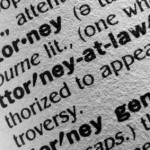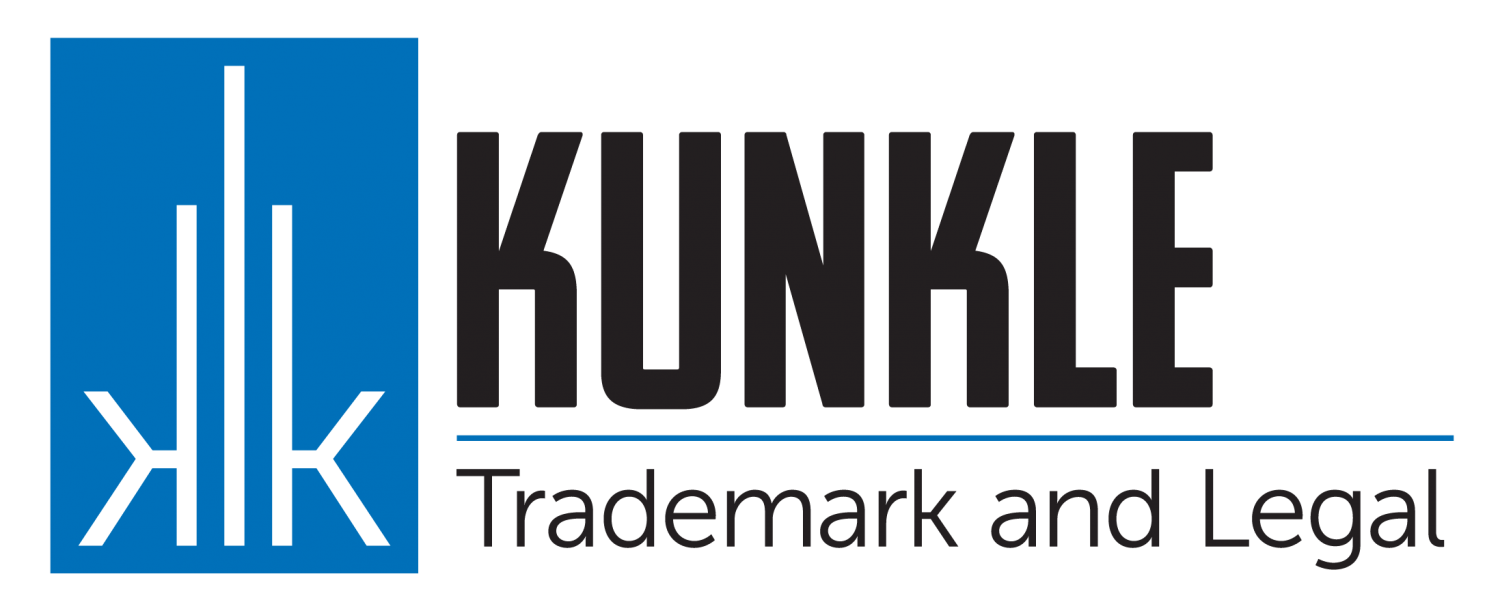 The lawyer is often the butt of the joke or the object of the creative’s ire. The reason cited is often that the attorney was a roadblock of that great idea. As an attorney I can tell you that I understand why so many attorneys are viewed this way – I know that I sometimes feel like I am always delivering bad news – “no you can’t do that,” “if you do that there’s a risk you will get sued,” “There’s no guarantee that you will be paid,” and on and on with warnings and ambiguous gray areas that seem so expansive that you wonder what value talking to the attorney actually brings you. We don’t try to be spoilers, but on the other hand sometimes our role is be the reality check. It easy to be blinded by a great idea and when you have a hundred great ideas and projects flowing from your imagination – some of which can lead to ruin OR success,or both simultaneously. While the creative might be focused on how to make a project work, its the attorneys job to help them do so without hurting themselves legally.
The lawyer is often the butt of the joke or the object of the creative’s ire. The reason cited is often that the attorney was a roadblock of that great idea. As an attorney I can tell you that I understand why so many attorneys are viewed this way – I know that I sometimes feel like I am always delivering bad news – “no you can’t do that,” “if you do that there’s a risk you will get sued,” “There’s no guarantee that you will be paid,” and on and on with warnings and ambiguous gray areas that seem so expansive that you wonder what value talking to the attorney actually brings you. We don’t try to be spoilers, but on the other hand sometimes our role is be the reality check. It easy to be blinded by a great idea and when you have a hundred great ideas and projects flowing from your imagination – some of which can lead to ruin OR success,or both simultaneously. While the creative might be focused on how to make a project work, its the attorneys job to help them do so without hurting themselves legally.
The attorney is often looking at one of two things: how can we best position the client to achieve their goals, and how can we help them avoid risks. The attorneys role in counseling clients to avoid legal errors seems obvious. However, what people don’t understand (including some of the lawyers) is that this process is not about saying no to everything, it is about identifying issues and helping the client weigh the risks and prioritize them – not all issues are the same and some are of greater concern than others. When talking with counsel don’t expect that they are making decisions for you – what might sound like an order is often the lawyer laying out the options for you. Your attorney should be part of your team. Use them early so that they can help with proactive planning. If done right, you may be able to avoid costly errors that require reactive fixes.
